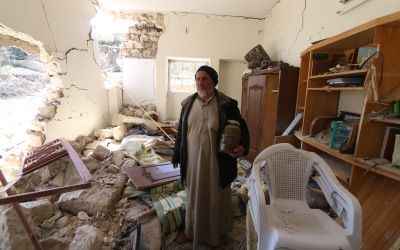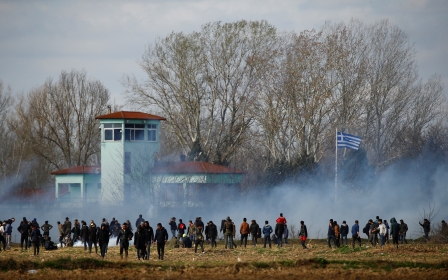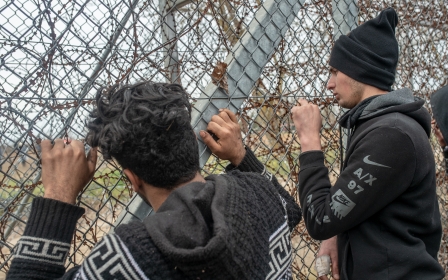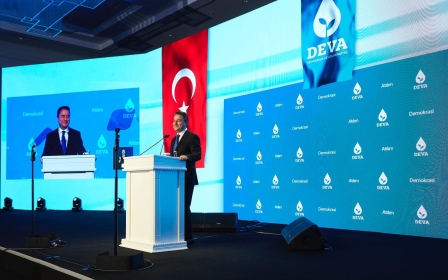Turkey compares Greece's treatment of refugees to 'Nazis' after secret camp exposed
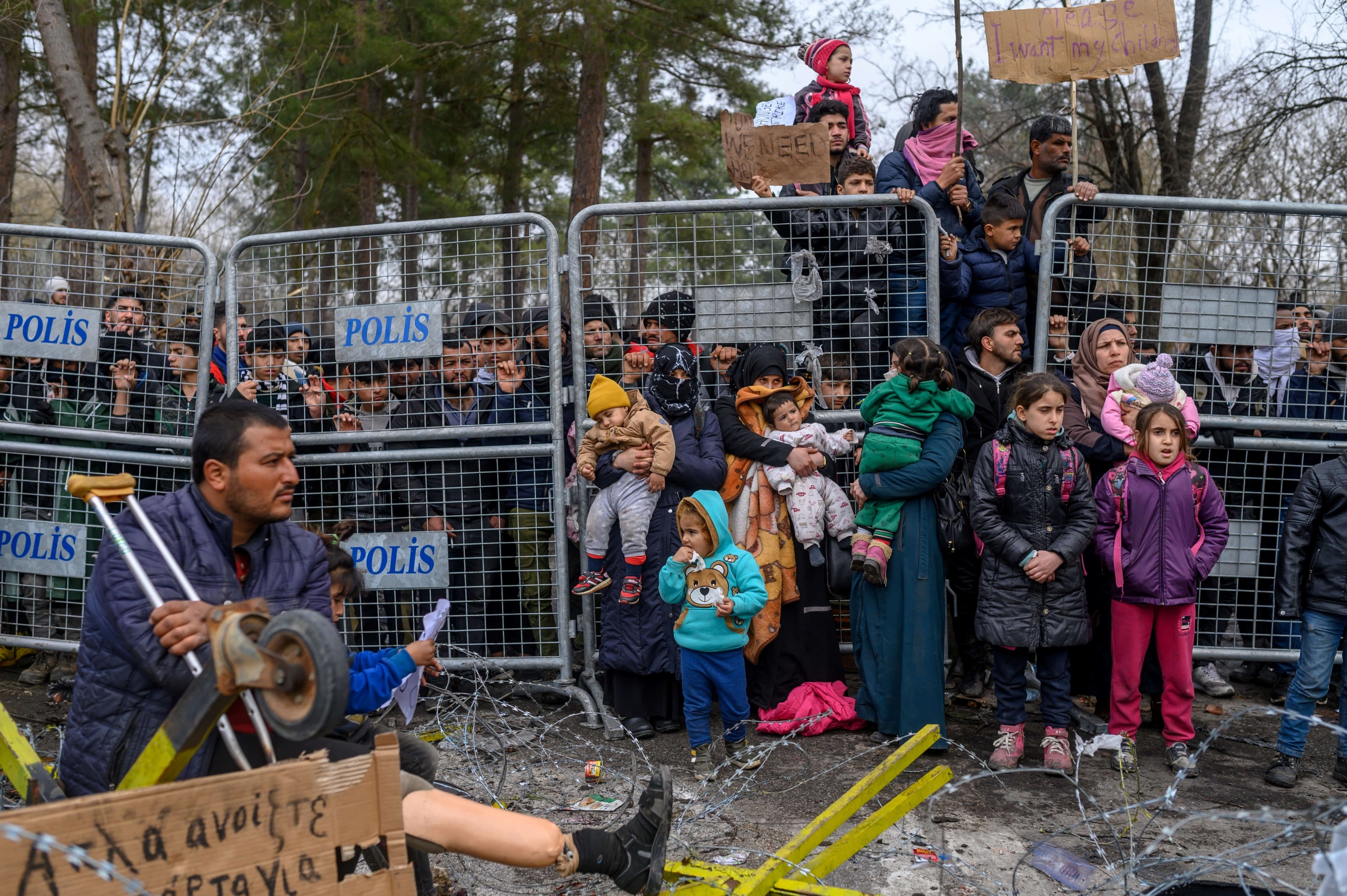
Turkish President Recep Tayyip Erdogan has compared Greece's treatment of refugees to "Nazis," after Athens was accused of running a secret camp where refugees are held incommunicado before being illegally expelled back into Turkey.
Erdogan said on Wednesday that there was "no difference between what the Nazis did and the images we are seeing from the Greek border," where Greek forces have been seen using tear gas, flash grenades and water cannon against refugees trying to cross into Europe.
Last week, Turkish state broadcaster TRT reported that dozens of refugees attempting to enter Greece were caught by Greek security forces and stripped of their clothes, documents and money, and sent back in their underwear.
"To open fire, fire tear gas and use boiling water on innocent people whose only aim is to save their lives and build a better future for their children is barbaric in the true meaning of the word," Erdogan said.
'We will continue the current (open borders) measure on our borders until all of our expectations are concretely met'
-Turkish President Recep Tayyip Erdogan
The Turkish president also vowed to keep the border with Greece open until the EU caved to Ankara's demands for a renegotiation of its 2016 migrant deal with Brussels.
New MEE newsletter: Jerusalem Dispatch
Sign up to get the latest insights and analysis on Israel-Palestine, alongside Turkey Unpacked and other MEE newsletters
Under the 2016 agreement, the EU offered Turkey as much as $6.7bn in aid for the Syrian refugees it hosts, fast-tracked EU membership as well as a revision of Customs Union agreement.
"We will continue the current (open borders) measure on our borders until all of our expectations are concretely met," Erdogan said.
In Athens, Greek government spokesman Stelios Petsas said Erdogan was "constantly trying to undermine the climate with such kinds of statements." He quoted Greece's Jewish council as saying the situation had nothing to do with the Holocaust.
Erdogan's comments come as new satellite images appeared to show a camp near the border village of Poros where refugees have allegedly been held before being expelled back to Turkey, according to an investigation by the New York Times.
The process, which experts have claimed violates international law, was reported by refugees who alleged they were captured and expelled from Greece without a chance to seek asylum or speak to a lawyer.
'Influx will not be limited to Greece'
One refugee, Syrian Kurd Somar al-Hussein, said he was captured by Greek forces and taken to a detention site, after crossing the Evros River in a rubber dinghy in late February.
He said his phone was confiscated to prevent him from calling for help and his requests to claim asylum were ignored by Greek border guards.
On 1 March, al-Hussein said he was driven back to the Evros River alongside dozens of captured people and transported back to the Turkish side aboard a speed board.
Stelios Petsas, a spokesman for the Greek government, told the New York Times that Greece detained and expelled refugees "in accordance with the law."
Erdogan said he opened the gates in order to pressure Europe into providing greater assistance with the Syrian conflict, where Turkey has fought to push back a government offensive against the last rebel-held stronghold of Idlib.
"With the warming of the weather in the spring, the influx of irregular migrants heading to Europe will not be limited to Greece but spread all over the Mediterranean," he warned.
Still, he reiterated that Turkey hopes for a fresh agreement with Brussels ahead of the next EU leaders' summit on 26 March.
Turkey already hosts about four million refugees, most of them Syrians, and fears another mass influx as the Syrian government, backed by Russia and Iran, pushes to retake Idlib.
Although Erdogan and his Russian counterpart Vladimir Putin agreed a ceasefire for the province last week, previous deals have proved temporary and the Turkish president said on Wednesday that minor violations have already been reported.
Middle East Eye delivers independent and unrivalled coverage and analysis of the Middle East, North Africa and beyond. To learn more about republishing this content and the associated fees, please fill out this form. More about MEE can be found here.


